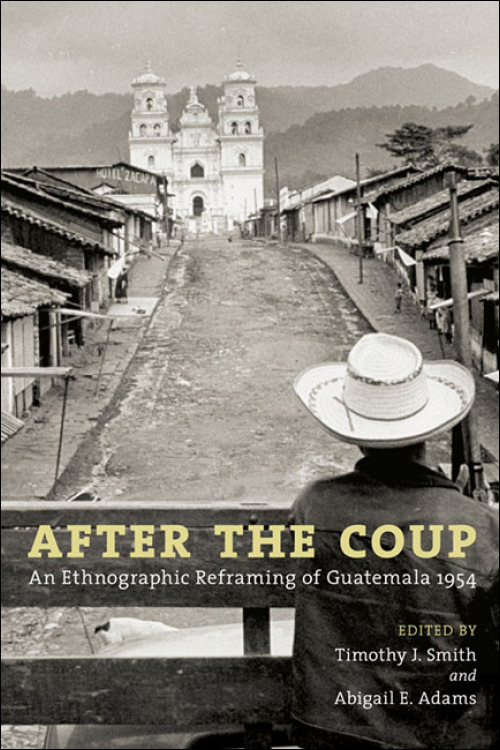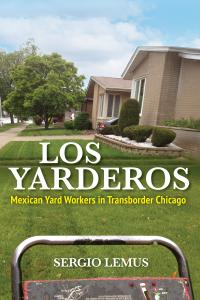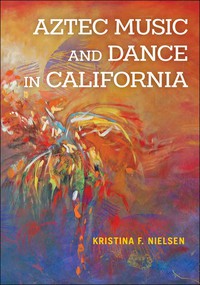
After the Coup
Cloth: 03/21/2011
About the Book
This exceptional collection revisits the aftermath of the 1954 coup that ousted the democratically elected Guatemalan president Jacobo Arbenz. Contributors frame the impact of 1954 not only in terms of the liberal reforms and coffee revolutions of the nineteenth century, but also in terms of post-1954 U.S. foreign policy and the genocide of the 1970s and 1980s. This volume is of particular interest in the current era of the United States' re-emerging foreign policy based on preemptive strikes and a presumed clash of civilizations.Recent research and the release of newly declassified U.S. government documents underscore the importance of reading Guatemala's current history through the lens of 1954. Scholars and researchers who have worked in Guatemala from the 1940s to the present articulate how the coup fits into ethnographic representations of Guatemala. Highlighting the voices of individuals with whom they have lived and worked, the contributors also offer an unmatched understanding of how the events preceding and following the coup played out on the ground.
Contributors are Abigail E. Adams, Richard N. Adams, David Carey Jr., Christa Little-Siebold, Judith M. Maxwell, Victor D. Montejo, June C. Nash, and Timothy J. Smith.
About the Author
Timothy J. Smith is an assistant professor of anthropology at Appalachian State University. Abigail E. Adams is a professor of anthropology at Central Connecticut State University.Reviews
"The chapters in this edited volume are uniformly good and interesting, making the book well worth reading."--Journal of Latin American Studies"After the Coup offers a new perspective. . . . the volume presents a thorough analysis of the varied perspectives on the October Revolution and the Ten Years of Spring."--Latin American Research Review
Blurbs
"This collection by some of the leading figures in the field takes a nuanced view of anthropology and history in addressing the timely issue of what the 1954 Guatemalan coup and its aftermath can tell us today. An important contribution to Guatemalan studies, Maya studies, and anthropology and history in general. It is destined to become a standard reference on the subject."--Edward F. Fischer, author of Cultural Logics and Global Economies: Maya Identity in Thought and Practice
"This wonderful volume explores in clear and insightful ways the impact of the 1944–1954 revolution and the overthrow of Arbenz on both Mayan people and ethnographic imagining in Guatemala. It is also full of unanticipated gems, from June Nash's recollections of Cantel during the revolution to Victor Montejo's epilogue. It is an essential read for those wanting to understand the twisted road that led to the violence that marked rural Guatemala nearly three decades after the overthrow of Arbenz."--Jim Handy, author of Revolution in the Countryside: Rural Conflict and Agrarian Reform in Guatemala, 1944–1954
"The overthrow of Guatemala's elected government in 1954 was a turning point for both the United States and Latin America. Yet too little is known about the coup and its devastating long-term effects. This provocative and insightful book aims to pull us out of our collective amnesia."--Stephen Kinzer, coauthor of Bitter Fruit: The Story of the American Coup in Guatemala




